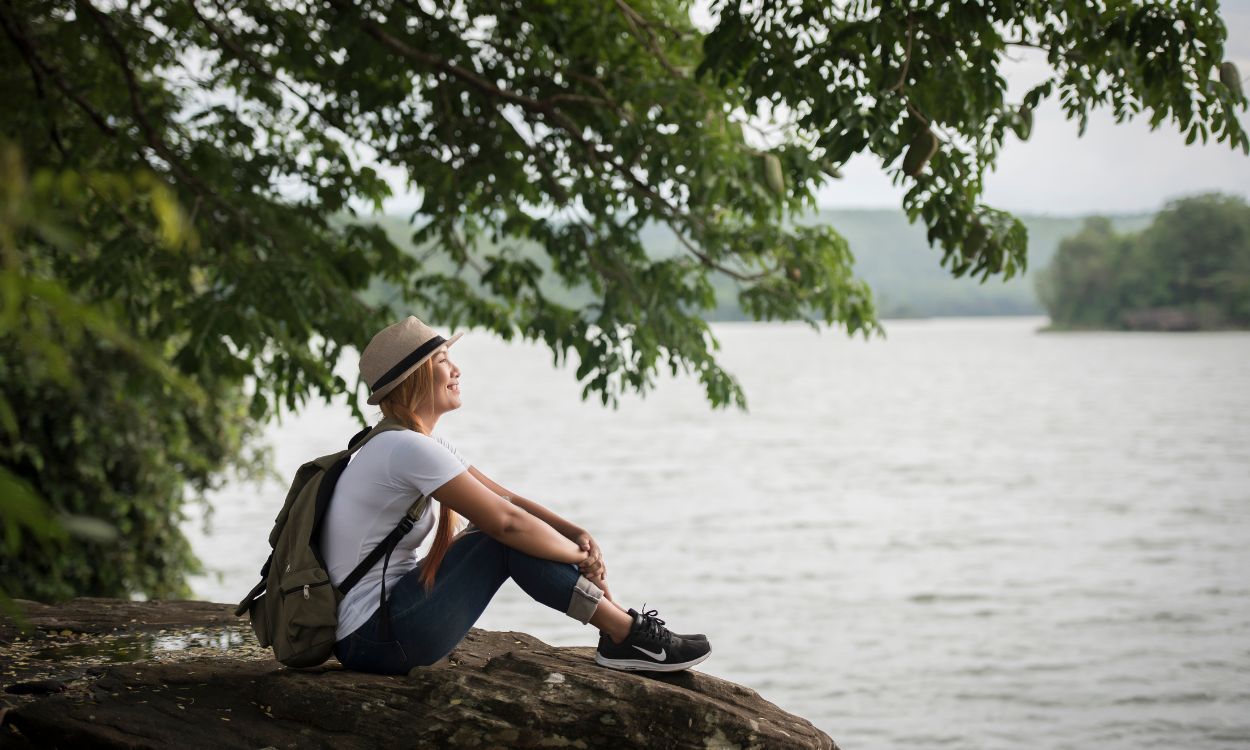In an era dominated by technology and urbanization, reconnecting with nature has become increasingly crucial for overall well-being. Engaging in outdoor activities and spending time in natural environments have been linked to numerous health benefits, both physical and mental. This article explores the various ways in which outdoor activities and nature exposure positively impact our health and contribute to a balanced and fulfilling lifestyle.
Table of Contents
Physical Fitness and Exercise:
Outdoor activities provide an excellent avenue for physical exercise. Whether it’s hiking, biking, jogging, or participating in sports, being outdoors encourages movement and an active lifestyle. Regular exercise has well-documented benefits for cardiovascular health, weight management, and muscle strength.
The variety of outdoor activities ensures that individuals can find options suitable for their fitness levels and preferences, making it an accessible and enjoyable way to stay active.
Vitamin D Production:
Spending time outdoors exposes individuals to natural sunlight, a primary source of vitamin D. Vitamin D plays a crucial role in maintaining healthy bones, supporting the immune system, and regulating mood.
Sunlight triggers the synthesis of vitamin D in the skin, and even a short period of outdoor exposure can contribute to meeting daily vitamin D requirements. However, it’s essential to balance sunlight exposure to prevent sun damage and follow appropriate sun safety measures.
Stress Reduction and Mental Well-being:
Nature has a remarkable ability to reduce stress and promote mental well-being. Exposure to green spaces and natural environments has been linked to lower levels of cortisol, the stress hormone.
Activities like walking in a park, sitting by a lake, or simply enjoying the natural surroundings can have a calming effect on the mind.
Nature exposure is associated with improved mood, reduced anxiety, and enhanced overall mental health, making it a valuable tool in managing stress and promoting emotional resilience.
Enhanced Creativity and Cognitive Function:
Time spent in nature has been shown to boost creativity and cognitive function. Whether it’s a walk in the woods or simply sitting in a garden, exposure to natural settings has a positive impact on attention span, problem-solving abilities, and creative thinking.
Nature’s ability to restore mental energy and improve focus has implications for productivity and overall cognitive well-being.
Improved Sleep Quality:
Engaging in outdoor activities can contribute to better sleep quality. Exposure to natural light during the day helps regulate circadian rhythms, promoting a more regular sleep-wake cycle. Physical activity, especially in outdoor settings, can also contribute to improved sleep patterns.
Establishing a connection with natural light and the natural cycles of the environment can positively influence sleep hygiene.
Social Interaction and Community Building:
Outdoor activities often provide opportunities for social interaction and community building. Whether it’s participating in group sports, joining a hiking club, or attending outdoor events, engaging with others in a natural setting fosters a sense of community.
Social connections have been consistently linked to improved mental health and a higher quality of life, making outdoor activities a means to build meaningful relationships.
Connection with the Environment:
Spending time outdoors cultivates a sense of connection with the environment. Whether it’s appreciating the beauty of a landscape, observing wildlife, or participating in conservation efforts, this connection fosters a sense of environmental stewardship. Understanding and valuing nature’s role in our lives can lead to a more sustainable and ecologically conscious lifestyle.
Conclusion:
The health benefits of outdoor activities and nature exposure are diverse and encompass both physical and mental well-being. Incorporating time in nature into our daily lives can contribute to a holistic approach to health. Whether through recreational activities, mindfulness in natural settings, or simply taking a stroll in the park, individuals can tap into the therapeutic power of the outdoors.
As we navigate the demands of modern life, prioritizing our connection with nature becomes not only a leisure pursuit but an integral part of maintaining a healthy and balanced lifestyle.
